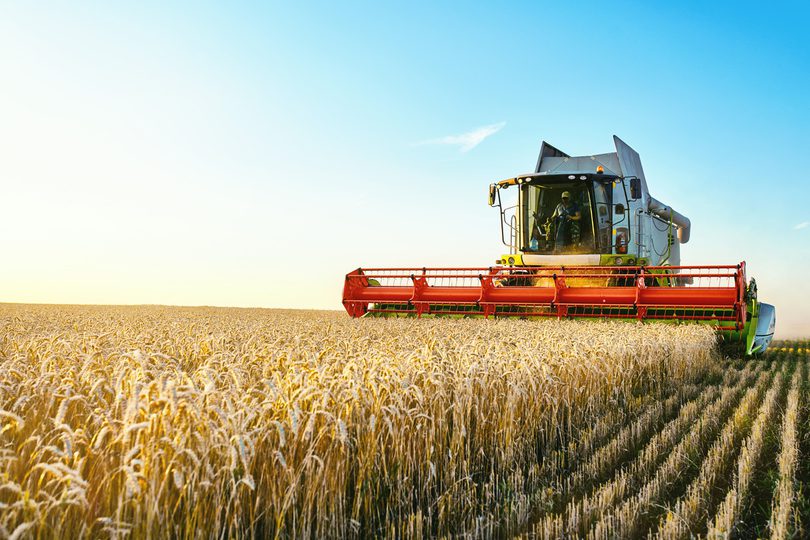
What we eat affects not only our individual health but also the health of the planet. Over the past decade, Oxford Martin School researchers have helped reshape global understanding of the links between diet, sustainability and public health, influencing policy, shifting public opinion, and driving practical change.
The Oxford Martin Programme on the Future of Food was the starting point. This pioneering programme used a systems-based approach to explore how food production and dietary choices intersect with health, environmental sustainability and global food security. Its interdisciplinary research contributed to the landmark EAT-Lancet Commission, which developed the first global scientific targets for healthy and sustainable diets. The proposed “Planetary Health Diet” advocates for increased consumption of plant-based foods and reduced intake of red meat and dairy to stay within planetary boundaries.
This work laid the groundwork for two major follow-on initiatives, each with distinct but complementary goals:

- LEAP (Livestock, Environment and People), funded by the Wellcome Trust, investigated the role of meat and dairy in diets from both health and environmental perspectives. It produced large-scale epidemiological research on links between red meat consumption and chronic diseases such as heart disease, cancer and diabetes. LEAP also led behavioural studies on how to shift individual food choices and developed the award-winning ‘Meat the Future’ exhibition to engage the public and gather data on attitudes to dietary change.

- The Oxford Martin Programme on Food Sustainability, led by Dr Joseph Poore, takes a data-driven approach to support change within the food system, through HESTIA, the world’s most extensive food environmental impact database and platform. Funded by external partners including WWF, Defra, the Login5 Foundation, amongst others, this powerful digital platform enables farmers, producers and companies to measure and reduce the environmental impact of their food production. The tool quantifies emissions, land use, water use and other metrics for different types of food production — from traditional agriculture to indoor systems — and is already being used by researchers, policymakers in Europe, businesses, and NGOs to guide and power their interventions to make food more sustainable
Impacts include:
- Co-authorship of the EAT-Lancet Planetary Health Diet, now influencing food policy and dietary guidelines globally
- Evidence linking red meat consumption to increased risk of heart disease, cancer and diabetes
- Behavioural research and interventions to encourage healthier, lower-impact eating habits
- Public engagement through the ‘Meat the Future’ exhibition
- Creation of HESTIA, an open-access global data platform helping farmers, policymakers and companies enhance their environmental performance.
Together, these programmes reflect how early investment in bold, interdisciplinary research can lead to long-term impact. From defining global dietary standards to providing practical tools for sustainability, this body of work is helping to transform food systems for a healthier planet and population.

